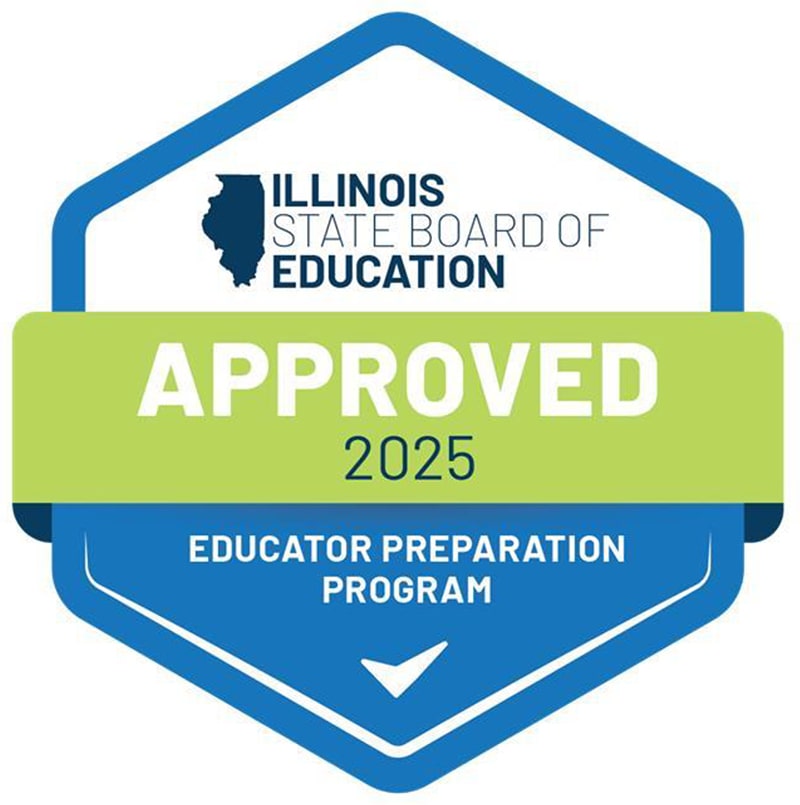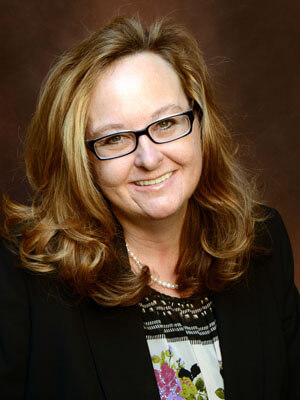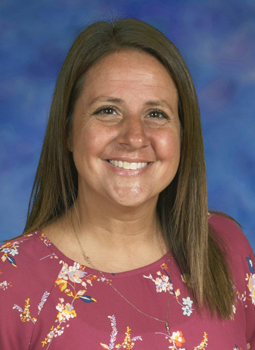B.S. in Secondary Education | Biology/Science Education (9-12)
Inspire a Lifelong Love of Learning
The Secondary Education program at Saint Xavier University prepares candidates to teach grades 9-12. Through student teaching experience, fieldwork observation and other opportunities to apply theory to practice, candidates will engage in an interactive and dynamic learning experience that will enable them to deliver a high-impact instructional experience to their future students. The Secondary Education program integrates courses and field experiences that will prepare you to teach in a variety of educational settings, including public and private schools. As a secondary education major, you will develop an in-depth understanding of your content area. Additionally, students may develop advanced skills, including communication, patience, creativity, enthusiasm, confidence, dedication, conflict resolution, organization, classroom management, time management, critical thinking, leadership, and teamwork.

Why Earn Your B.S. in Secondary Education?
The education profession is one of the most rewarding and fulfilling careers. Teachers serve as the cornerstone of a student's educational journey through their development as they become critical thinkers and problem solvers.

About the Program
Become certified as a biology teacher at the secondary education level by completing the General Biology track and requirements for a Secondary Education Certificate. Major area of specialization coursework includes all content-area courses used to fulfill major requirements in the program (i.e., biology, chemistry, physics and math courses). Saint Xavier University has an ideal location for the study of biology. The campus has its own spring-fed lake and the Palos Forest Preserves are within a few minutes' drive. Moreover, the Lincoln Park and Brookfield Zoos, Morton Arboretum and Field Museum of Natural History provide local settings for field trips and classes. The laboratory facilities at Saint Xavier University include the following resources for students: animal facility, cadaver facility, light microscope research center. In addition, Saint Xavier University is a member of the Reis Biological Field Station Consortium. Membership allows faculty the use of the station for field trips/courses and give the SXU student access to all summer field courses offered by any of the Consortium schools.
High-impact practices in the Biology/Science Secondary Education track are transformative experiences that prepare future educators to excel in the classroom and beyond. These practices include hands-on research and field experiences in educational settings. By integrating these opportunities, teacher candidates deepen their understanding of scientific concepts, strengthen pedagogical skills, and connect their passion for biology with impactful teaching strategies.
A major in Biology/Science Secondary Education equips future educators with the knowledge and skills to teach core scientific principles effectively while fostering student curiosity and critical thinking. Through hands-on learning, innovative technology, and real-world applications, students develop inclusive teaching practices, master assessment strategies, and engage in continuous professional growth to inspire the next generation of scientists.
At the undergraduate level, Saint Xavier University is one of the seven largest providers of teachers in Illinois. Saint Xavier University's Education Division has a long and successful history of preparing students for careers in teaching with a curriculum that guides teacher candidates to become scholars, lifelong learners, leaders, and reflective practitioners. Rooted in the values of the Sisters of Mercy, our mission emphasizes compassion, service, and social justice. As a student in our Education Division, you'll be inspired to integrate these values into your teaching practice, making a meaningful impact on your students and community. You'll learn to educate with empathy, advocate for equity, and lead with a heart committed to service.
SXU offers a variety of education endorsements designed to expand the expertise of teacher candidates and practicing educators. Endorsements are aligned with Illinois state standards, ensuring that educators are well-prepared to meet the needs of students in diverse classroom settings.
Biological Sciences
Find out more about the Biological Sciences programs of study here at Saint Xavier University!
Learn More
Quick Links
Request Information
Want to know more about undergraduate programs at Saint Xavier University? Please fill out the form below!
Contact the Office of Admission
- 773-298-3050
- Toll Free: 844-GOTO-SXU (844-468-6798)
- Fax: 773-298-3076
- Email: admissionFREESXU
- M-F: 8:30 a.m. to 4:30 p.m.
Other Undergraduate Education Programs
Contact us
















